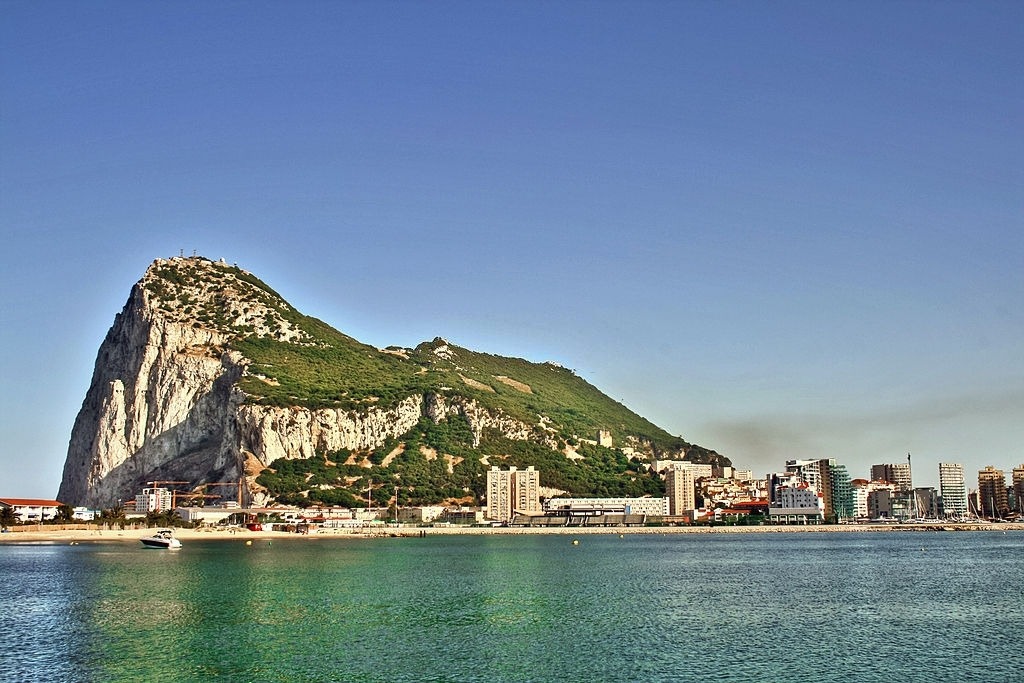Disputes over Gibraltar, the implementation of the Northern Ireland Protocol, as well as customs disputes are among complex issues between the UK and the EU in the post-Brexit period which have exacerbated tensions between the two sides.
Boris Johnson’s Request for Pragmatism in the EU
The UK prime minister has called on the EU to be pragmatic in resolving the post-Brexit dispute over Northern Ireland. Moreover, the issue of Gibraltar has once again become a point of contention. The government has submitted its proposals to the UK Parliament for a solution to the dispute with Brussels in this regard. In a telephone conversation with the Irish prime minister, Micheál Martin, Johnson called on the EU to be pragmatic in its dispute over Northern Ireland. He emphasised that the Northern Ireland Protocol posed serious challenges.
UK and EU Officials Accusing Each Other
Published reports suggest that threats to violate the Brexit agreement could be renewed at the same time. The reason for these tensions is the rule set out in Brexit, according to which Northern Ireland must continue to comply with EU internal market rules. Brussels accuses the UK government of not implementing the Northern Ireland Protocol properly. London also accuses the European Commission of misinterpreting the protocol.
British Supermarkets Call for Agreement Between the Government and the EU
A few days ago, many British supermarkets called for an agreement between the UK and the EU, saying that otherwise we should expect severe shortages and high food prices by the end of the transition period in late September. The UK is also concerned that supply chains for Northern Irish companies are increasingly moving to the EU. The Northern Ireland Protocol in Brexit sets specific deadlines within which different goods may cross the new commodity border between Northern Ireland and the UK for a period of time without hindrance.
The EU Strongly Criticises UK Government’s Unilateral Decision
Recently, the ruling Conservative government in the UK unilaterally extended the control of food imports and exports between Northern Ireland and the UK for another six months, until the end of September 2021. The deadline had expired at the end of March. According to Brexit, any decisions on this must be negotiated between the EU and the UK.
The EU has strongly condemned the UK government’s unilateral decision to “continue to control food imports and exports between the UK and Northern Ireland”, calling it a fundamental breach of Brexit. Only in the first two months of 2021, January and February, did the EU give UK time to take control of the inflow and outflow of basic necessities to prevent chaos and pressure on companies and allow them to learn more about the new rules in the post-Brexit era.
Food Shortages Are a Big Problem for the Northern Ireland Protocol
When Brexit was finalised last year, people in Northern Ireland faced many food shortages. The main reason for this was the procedure to check and inspect products crossing the border from the Republic of Ireland, an EU member, into Northern Ireland. The UK has been facing new challenges on its border with Ireland since it left the EU. The Republic of Ireland-Northern Ireland border was one of the main reasons for the tensions and prolongation of negotiations between British government officials and the EU during Brexit talks.
London-Brussels Dispute over Gibraltar
New disputes over Gibraltar have also erupted between London and Brussels. The British overseas region south of the Iberian Peninsula withdrew from the negotiations on a trade agreement between the EU and UK last year, and the two sides now have to negotiate separately.
The UK Foreign Secretary Dominic Raab recently rejected an EU Commission negotiating order and called on Brussels to reconsider. The UK has said that the European Commission’s ruling in this regard contradicts the agreed framework for negotiations and is an attempt to weaken UK sovereignty. The EU said in a statement to the UK that the directive included proposed solutions to prevent controls on goods and persons between Spain and Gibraltar. The EU also emphasises the need to ensure the integration of the EU internal market and the Schengen area at the same time.
London-Madrid Agreement on Gibraltar
London and Madrid agreed on the disputed issue of Gibraltar last year at the end of the post-Brexit transition period, and the disputed area was set to become a Schengen member. Thus, this rocky region, which is in a very important strategic position dominating the western Mediterranean waterway, was to be subject to EU economic regulations.
Gibraltar is autonomous in issues other than foreign and defence policies, and has a British barracks and naval base in the area. About 96% of the region’s 33,000 people voted in a referendum on 23 June 2016 to keep the UK in the EU. The Spanish government had called for joint rule over Gibraltar following the British people’s vote to leave the EU in the referendum. The rock was not part of the trade agreement reached between Brussels and London, and negotiations on this were conducted bilaterally between London and Madrid. Spain had stated that the agreement reached between Madrid and London should also be reached between the UK and the EU.

